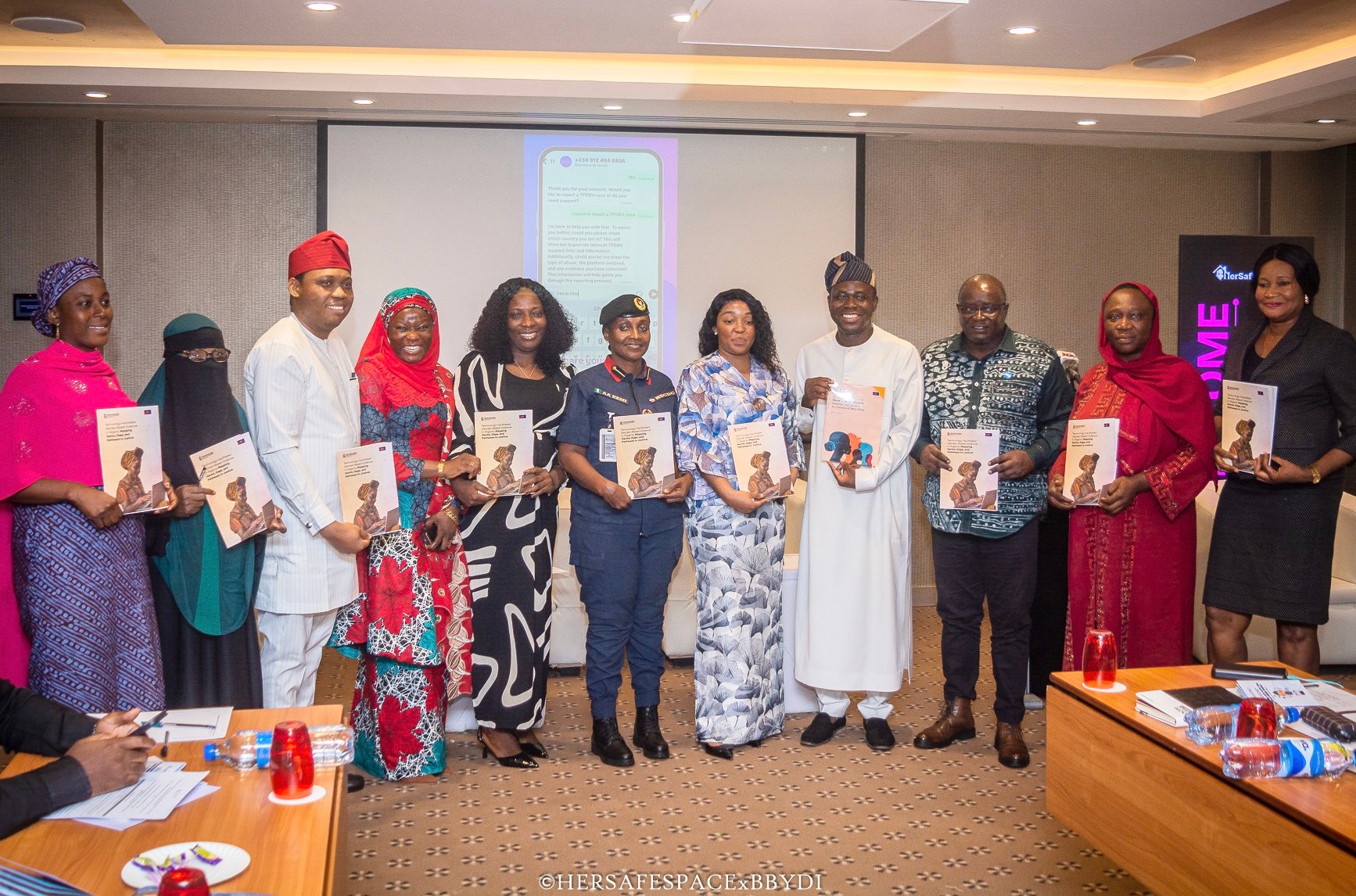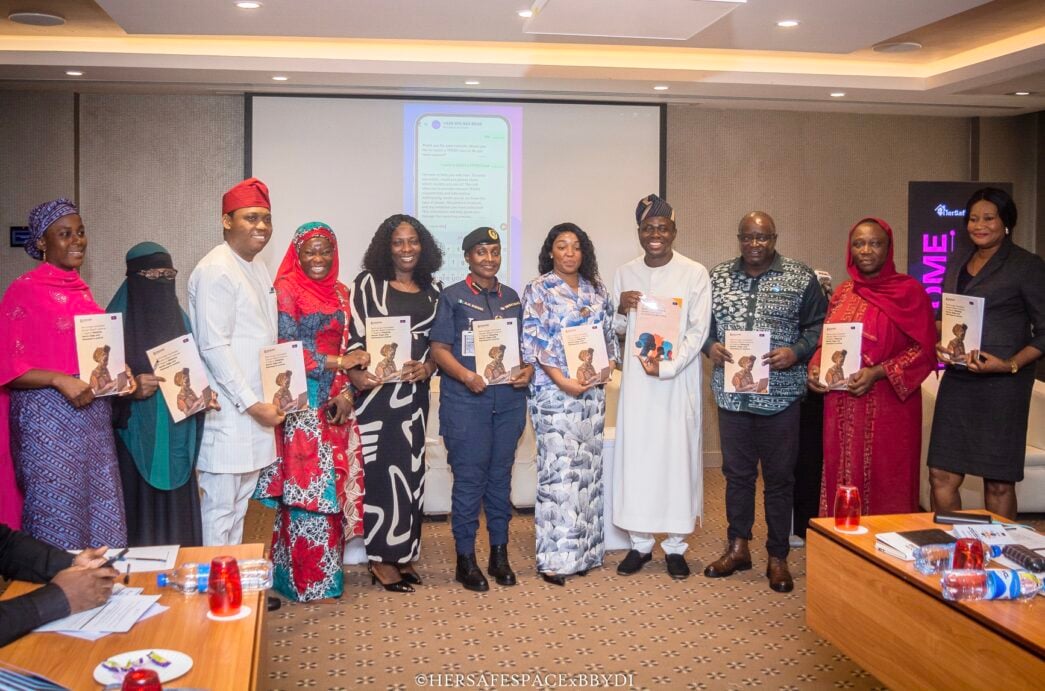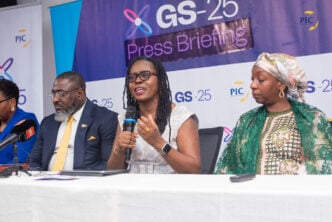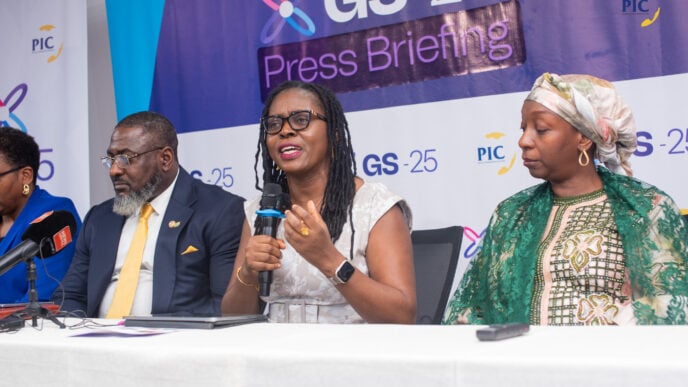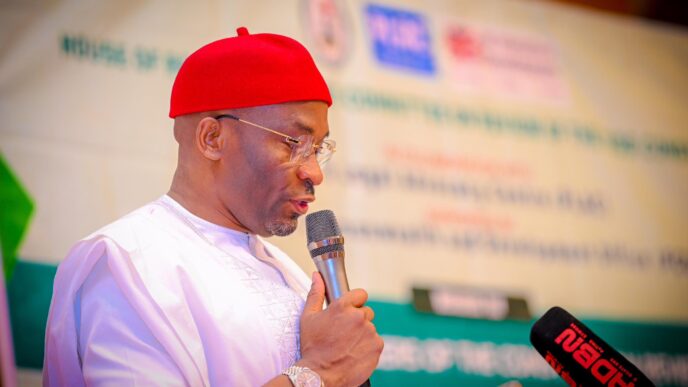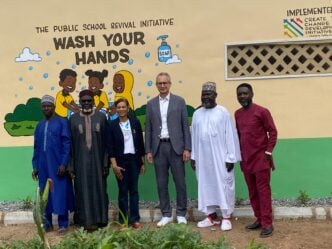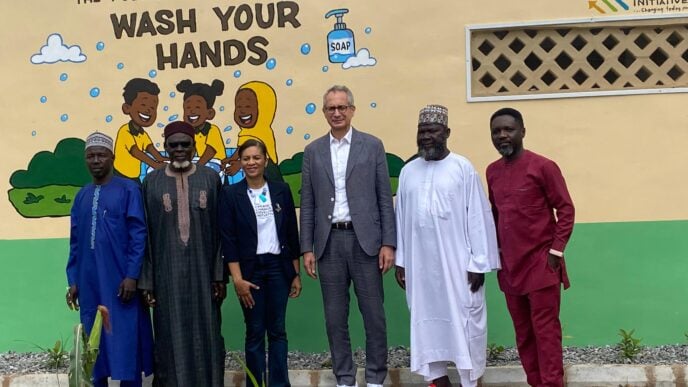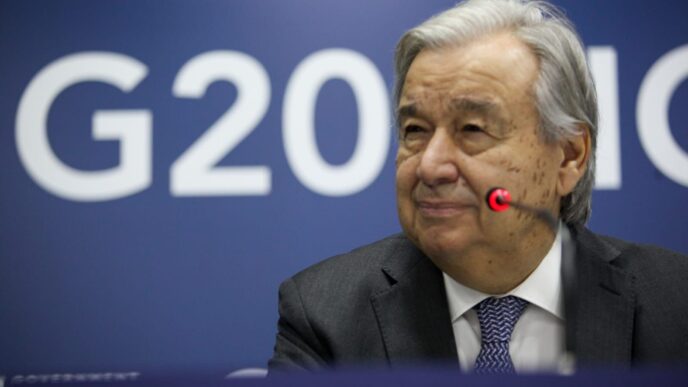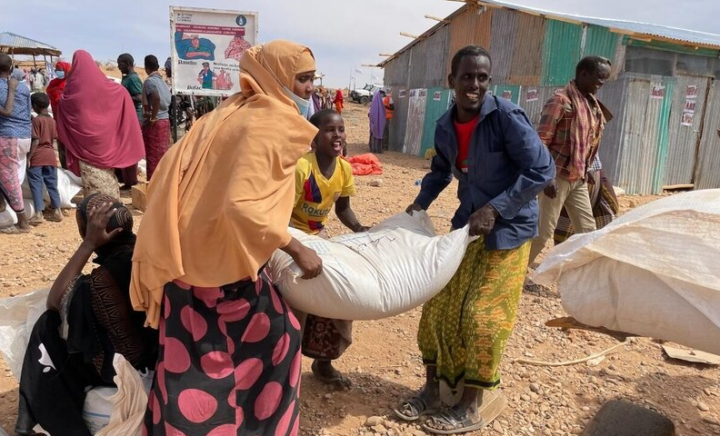The Brain Builders Youth Development Initiative (BBYDI), a Nigerian youth-led non-governmental organisation, has launched an artificial intelligence-powered WhatsApp chatbot designed to support survivors of technology-facilitated gender-based violence (TFGBV).
The organisation unveiled the chatbot, named “Kemi”, at an event in Abuja on Thursday. The launch, backed by the French Ministry for Europe and Foreign Affairs, brought together policymakers, civil society groups and youth advocates from across West and Central Africa.
Themed “Championing Digital Safety for Women and Girls Across West and Central Africa”, the event highlighted the need for survivor-centred digital tools to address what campaigners say is a surge in online abuse.
“Too many survivors suffer in silence not because they want to, but because the systems meant to protect them are often inaccessible or untrustworthy,” said Nurah Jimoh-Sanni, executive director of BBYDI.
Advertisement
“Kemi is different. It listens without judgment, supports without delay, and was co-created by survivors themselves. It reflects our belief that safety online is not a luxury — it is a right.”
The launch follows a BBYDI survey conducted earlier this year in Nigeria, Ghana, Cameroon, Benin, Togo and Senegal. It found that 92% of respondents — mostly women — had experienced forms of TFGBV such as cyberbullying, non-consensual image sharing and doxxing. Fewer than half said they reported these incidents, citing stigma, fear of blame and mistrust of existing support systems.
Olasupo Abideen, BBYDI’s global director, who led the development of Kemi, said the chatbot’s design was shaped by feedback from 41 workshops held across the region.
Advertisement
“This wasn’t just about identifying a problem,” he said. “We made sure the solution wasn’t just high-tech, but high-trust. From research to real-time support, our approach ensures no survivor is left behind.”
Kemi operates in multiple local languages and guides users through discreet conversations about online abuse, self-help and support resources. BBYDI says all interactions are confidential.
Alongside the chatbot, BBYDI launched several new resources aimed at tackling online abuse: Methodological Report on TFGBV Database Development in West and Central Africa; TFGBV in Nigeria: Mapping Harms, Gaps and Pathways to Justice; Power and Influence in Addressing TFGBV in Nigeria; HerSafeSpace: Digital Safety Manual; Staying Safe With Tao: A Guidebook on Becoming a Digital Champion
Each publication draws on survivor testimonies, field data and community consultations to help policymakers and communities strengthen responses to online harm.
Advertisement
The launch also saw the inauguration of a new Male Allyship Programme, aimed at involving men and boys in efforts to tackle violence both online and offline.
The inaugural group of allies includes prominent figures such as political analyst Jaye Gaskia, Boys Champions founder Noel Alumona, YouthHub Africa’s Rotimi Olawale, and Hamzat Lawal, CEO of Connected Development.
“The Allyship Programme is about action, not applause,” said Jimoh-Sanni. “We are putting the responsibility on male leaders to be advocates, educators and defenders of safe digital spaces.”
Delivering the keynote, Ketty Regis, Gender Equality Attaché at the French Embassy in Nigeria, described BBYDI’s work as “a brilliant demonstration of what innovation can achieve when rooted in empathy, data and human rights.”
Advertisement
The event featured a spoken word performance, a short documentary on BBYDI’s interventions and a panel discussion on AI, inclusion and allyship moderated by Halimat Olufade, BBYDI’s programme director.
In closing remarks, Abideen described the chatbot as more than a technological milestone.
Advertisement
“We are not here just to launch a chatbot,” he said. “We are here to launch a movement — one where survivors are seen, heard and supported, and where technology becomes a tool for justice, not harm.”
Advertisement
